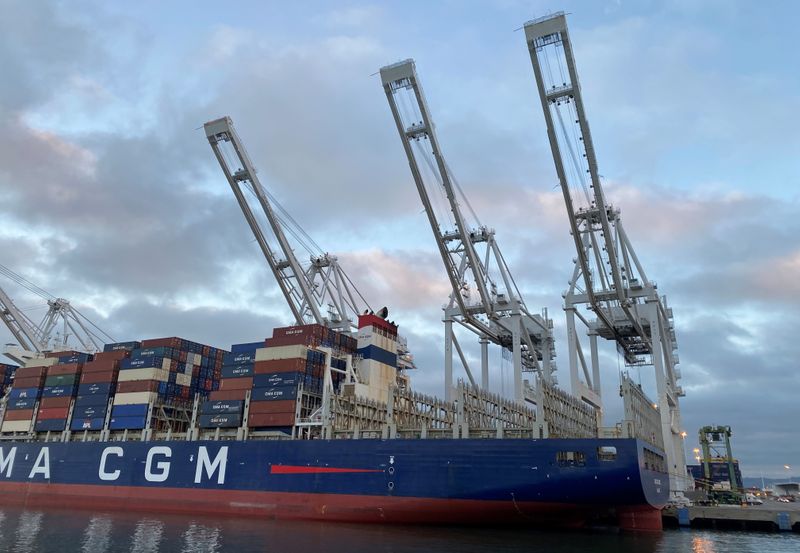WASHINGTON (Reuters) – New orders for U.S.-made goods unexpectedly rose in September, though manufacturing remains constrained by input shortages.
The Commerce Department said on Wednesday that factory orders increased 0.2% in September. Data for August was revised down to show orders rising 1.0% instead of 1.2% as previously reported. Economists polled by Reuters had forecast factory orders unchanged. Orders gained 17.6% on a year-on-year basis.
Manufacturing, which accounts for 12% of the economy, is being driven by still-strong demand for goods despite spending shifting back to services. Businesses are rebuilding depleted inventories, but shortages of labor and raw materials stemming from the COVID-19 pandemic remain challenges.
The widespread shortages restrained economic growth to its slowest pace in more than a year in the third quarter.
An Institute for Supply Management survey on Monday showed manufacturing activity slowed in October, with all industries reporting record-long lead times for raw materials.
The rise in factory goods orders in September was led by machinery, primary metals and fabricated metal products. But orders for computers and electronic products, transportation equipment as well as electrical equipment, appliances and components fell, likely because of a global chip shortage.
Shipments increased 0.6% after gaining 0.1% in August. Inventories at factories shot up 0.8% in September. Unfilled orders at factories increased 0.7% after rising 0.9% in August.
The Commerce Department also reported that orders for non-defense capital goods, excluding aircraft, which are seen as a measure of business spending plans on equipment, increased 0.8% as reported last month.
That suggests a potential rebound in business spending on equipment after it contracted in the third quarter after four straight quarters of double-digit growth, though inflation could cut into the gains.
Shipments of these so-called core capital goods, which are used to calculate business equipment spending in the GDP report, rose 1.4% as previously reported.
(Reporting By Lucia Mutikani; Editing by Andrea Ricci)




























